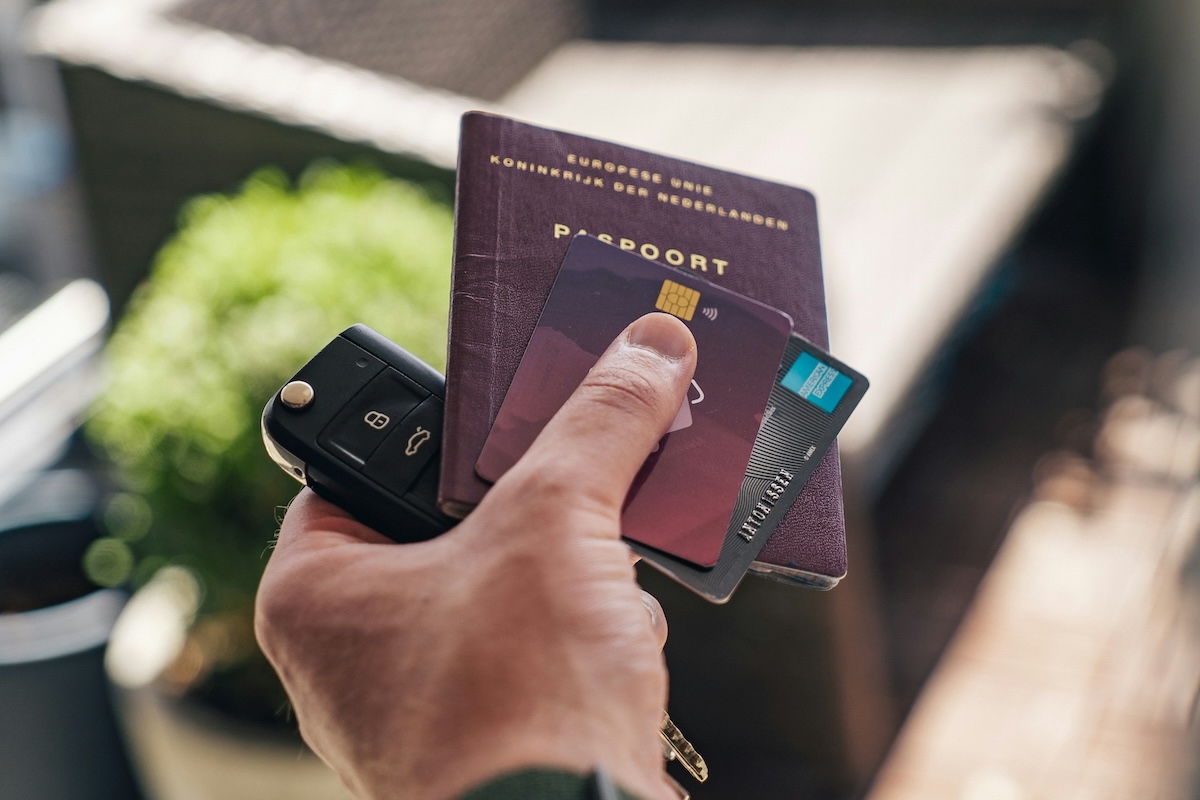
How to Know When Your Finances Are Slipping (And How to Get Back on Track)
By: Mike Coleman
Skip to Section
Money management might not be the most exciting topic, but for those of us with a serious case of wanderlust, it’s the ticket to freedom. Whether you’re saving for your next adventure or trying to sustain the semi-retired or digital nomad life, keeping your finances in check is non-negotiable. But here’s the thing: financial slippage is sneaky. It doesn’t start with a big disaster—it starts with the little things.
So, how do you know when your finances are headed for a detour? And more importantly, how do you steer them back on course? Let’s dive in.
You’re Spending for the Quick Fix
Picture this: It’s been a long day, and suddenly you’re scrolling through online shops, telling yourself, “It’s just one little treat.” Or maybe dinner feels like too much work, and delivery apps become your go-to. Sound familiar?
The problem is these “treat yourself” moments can pile up faster than you can pack a carry-on. Sure, a splurge here and there is fine, but when instant gratification becomes your financial strategy, you’re sabotaging your long-term goals—like sipping mojitos in Bali without worrying about your bank balance.
Fix it: Next time you’re tempted, remind yourself of the bigger picture. Do you want the dopamine hit of a shopping spree, or the thrill of boarding your next flight? A little mindset shift can go a long way.
Money Stress Is Your Constant Travel Companion
Do thoughts about money feel more stressful than navigating customs after a 12-hour flight? Are you dodging calls because you’re scared it’s the credit card company? That constant stress is a big red flag that your financial engine needs a tune-up.
Fix it: This is where a certified financial planner comes in. They can help you untangle the mess, create a realistic budget, and set you up for long-term success. Think of them as your co-pilot for financial stability—helping you land your goals safely, whether they’re about hitting the road or living that freedom-filled nomad lifestyle.
Your Bank Balance Is a Mystery
Ever looked at your account and thought, “Wait, where did all my money go?” If tracking your spending feels like trying to follow a fast-talking tour guide, you’re not alone. Those little expenses—subscriptions, coffee runs, snacks—add up quickly and quietly, siphoning off cash you could’ve spent on your next getaway.
Fix it: Take 15 minutes a week to review your accounts. Apps like Credit Karma or YNAB can help you keep tabs on where your money’s going and where it shouldn’t be going. Think of it as the GPS for your finances—keeping you from getting lost in a sea of unnecessary expenses.
You’re Over-Relying on Credit Cards
Credit cards can be fantastic tools—racking up travel points and getting cash back on groceries and more. But if you’re not paying them off every month, that’s a lot of interest you’ll accrue! When your credit card balance gets close to outweighing your bank balance, that’s not a great sign…and even worse if you have lots of credit cards, all carrying a balance. Carrying a balance can hurt your credit score (a lot over time), which may in turn hurt your future purchasing opportunities, like home or car buying.
Fix it: If credit card debt is piling up, it’s time to step back. Create a bare-bones budget and prioritize paying down your balances, starting with the card that has the highest interest rate. That way, when you do use your card for a plane ticket or Airbnb, you’re doing it strategically—not out of desperation.
Keep Your Finances on Track for a Life of Adventure
Whether you’re planning your next vacation or dreaming of a life where work and travel seamlessly blend, keeping your finances in check is the key to making it happen. Start small: ditch unnecessary spending, tackle your debt, and bring in a financial pro when needed. With the right strategies, you can stop stressing about money and start focusing on your next big adventure.
After all, the world is waiting for you—and your bank account deserves to come along for the ride!
About the Author
Mike is a writer who researches and shares actionable advice around travel lifestyle, finance, and personal growth. He loves any trip where he can explore the great outdoors, and believes everyone should be able to experience travel for personal development and fulfillment. Read his other articles on Frayed Passport here.Featured image by CardMapr dot nl on Unsplash
Information published on this website and across our networks can change over time. Stories and recommendations reflect the subjective opinions of our writers. You should consult multiple sources to ensure you have the most current, safe, and correct details for your own research and plans.
Frayed Passport is a participant in the Amazon Associates Program, an affiliate advertising program designed to provide a means for sites to earn advertising fees by advertising and linking to Amazon.com. We also may share links to other affiliates and sponsors in articles across our website.




